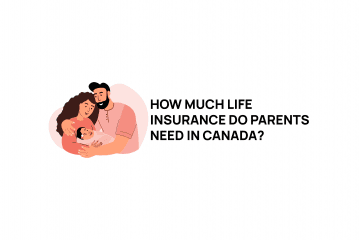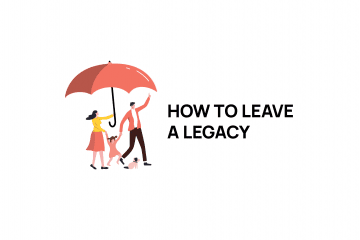If you purchase a term life insurance policy you are not locked into the policy. You can make changes to the policy or cancel the policy at any time without incurring any penalties or fees.
It is actually a very common question that we receive regarding term life insurance policies. Since term life insurance is purchased in the length of years (e.g. 10 year term, 20 year term, etc) many people assume that they must keep the policy for the entire length of the term.
There are three ways to cancel your term life insurance policy:
- Cancel early. All life insurance policies come with a grace period at the outset. These mostly last about 30 days. If you have purchased a life insurance policy and soon after regretted your choice, cancelling within the grace period will result in a refund. You can cancel a life insurance policy later, though unfortunately you won’t see any of your money back.
- Stop Making Payments. The insurance company provides a grace period which is a period of time where your policy can stay in force without paying premiums. Once the grace period is up then your insurance policy will be cancelled. For example, the grace period could be 60 days. If you have not made a payment on your policy within 60 days then your policy will be cancelled. This obviously may not be a good thing, but if you don’t want to have your insurance policy anymore then just stop paying and the policy will “lapse” and no longer be in force.
- Cancellation / Surrender Letter. You can write a letter to the insurance provider with your name, date and policy number requesting that they cancel your policy immediately. You can also contact the insurance provider or your agent to fill out a cancellation or surrender form to cancel the policy.
Lapsed vs. Cancelled policy
As we mentioned above, if you stop making payments to your insurer, your policy will lapse before it is cancelled. The difference between a lapse and a cancellation is quite simple: a lapse is a suspended policy that does not offer protection, but still exists; a cancellation happens when the insurer gets a specific instruction to terminate a client’s plan.
A policy lapse does eventually become a cancellation. If you continue to withhold payments from your insurer past the grace period, the company will usually automatically cancel your life insurance policy.
Can I reverse a lapsed term life insurance policy?
If you’re unsure whether or not your actually want to cancel your life insurance policy, letting it lapse is a good option. This is because it gives you time to mull over your options and — crucially — change your mind. If you decide you want your term life insurance back within the grace period, you can reinstate it quite easily:
- Contact your insurer. Get in touch with your insurance provider and inform them about your situation. You can do this over the phone, in person, or by email.
- Negotiate a reinstatement. You might find yourself several payments behind schedule, all of which have to be paid off before your coverage kicks back in. Some insurance providers are able to accommodate reinstatements at a special rate that might help you recoup your debt.
- Set up a new payment method. If you have cancelled your direct debit, you will need to confirm a new one.
FAQs
I want to cancel a term life insurance policy because it’s too expensive. Is there a way to reduce the cost?
Sometimes, yes. New term life insurance owners can grow to dread their insurance payments and worry that they’ve made a mistake with their purchase. Luckily, there are a few ways you can try to reduce the cost of your premiums before you commit to cancelling your term life insurance policy.
- Modify your policy. Many people opt for plans that provide protection they don’t actually need. This is called “over-insuring” yourself. Fortunately, you may be able lower your premiums by reducing your coverage amount. While this is not at option for all policies, it’s worth contacting your insurance company to check.
- Consider other kinds of life insurance. While term life insurance is generally the most affordable, it might be worth shopping around to see if there are any good deals that might have emerged since you made your purchase.
- Quit any unhealthy habits. Premiums are based in large part on your lifestyle and existing health. So for example, if you are a smoker, quitting the unhealthy habit is a great way to lower your premiums all while improving your health.
If I cancel a term life insurance policy, will it affect future premiums?
Probably not. Many of us are aware that our insurance history can affect future premiums. However, most of the time this is because of your claims history rather than any past cancellations. Cancelled policies do stay on record for a certain amount of time (an amount that will depend on your insurance provider), but if you explain your decision to cancel a term life insurance policy, it shouldn’t be held against you.
Is reinstating a term life insurance policy worth it?
Not always. Reinstating a term life insurance policy can involve catching up on several neglected payments, which can be pricey. In short, depending on your circumstance, it may be cheaper for you to go ahead and purchase a n{“type”:”inserter”,”blocks”:[{“clientId”:”b65573a8-77e5-4d1d-a4c4-f8872e3ac2f8″,”name”:”core/spacer”,”isValid”:true,”attributes”:{“height”:100,”openPopupId”:””},”innerBlocks”:[]}]}ew term life insurance policy rather than reinstate your pre-existing plan.




